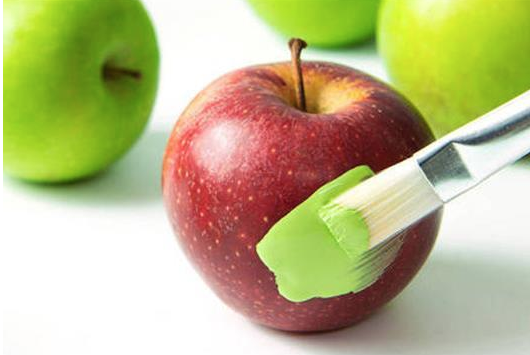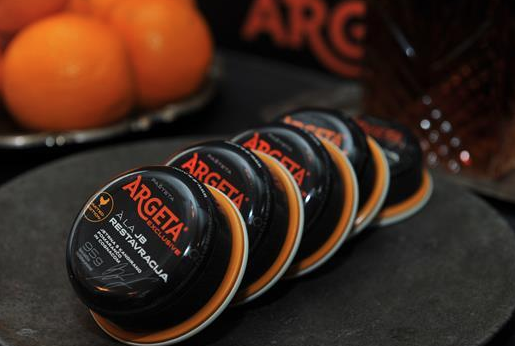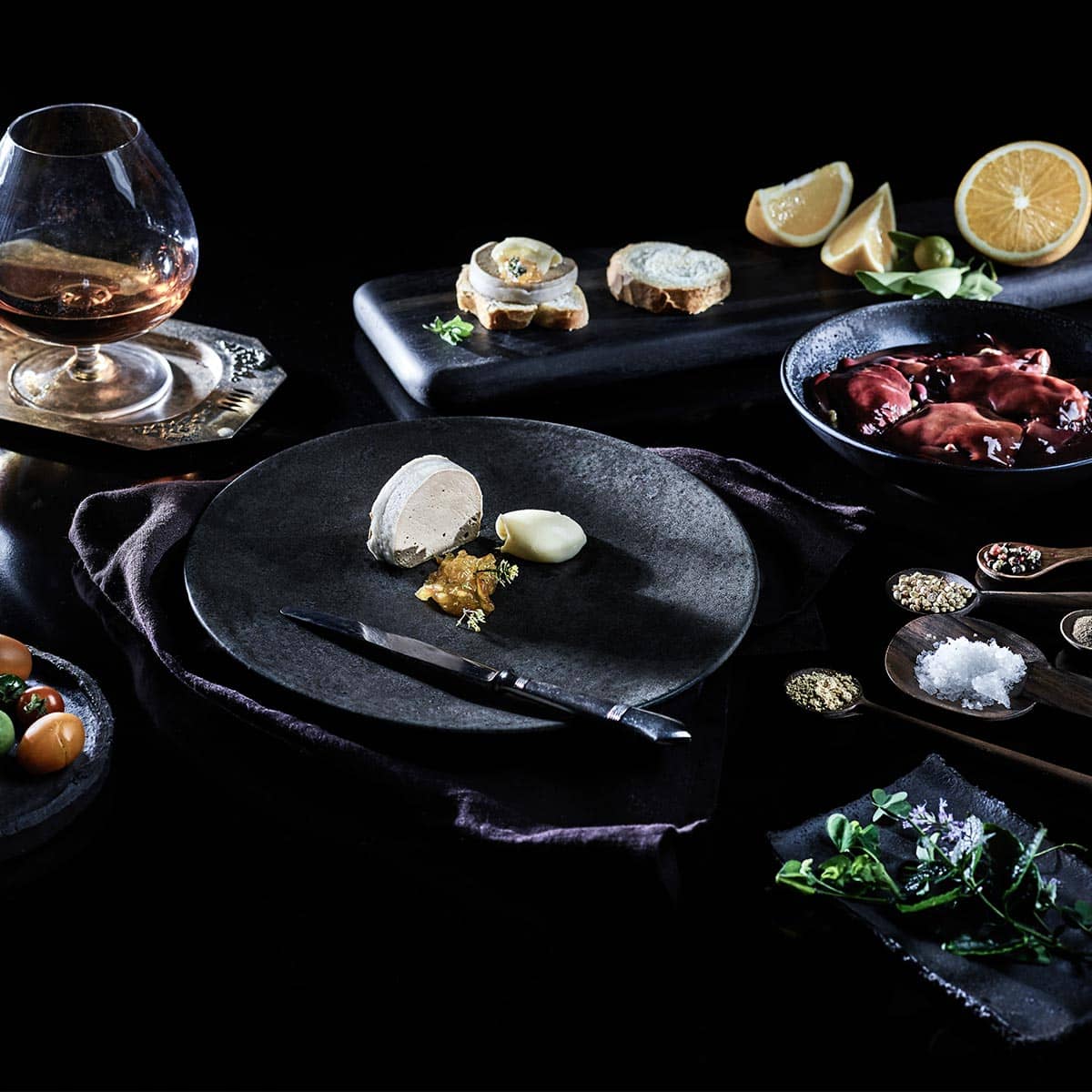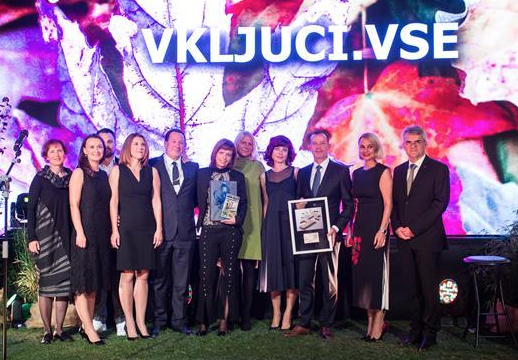This places us among the top food producers to have implemented a methodology for assessing the vulnerability of raw materials, and to put in place control measures to reduce the risk of fraud. In this way we have further enhanced our system of safe food.
What is food fraud?
Food fraud is fraudulent and deliberate actions (e.g. substitution, dilution or adding materials, false presentation of a product, concealing the origin and so forth), particularly for the purpose of financial gain, and its consequences can pose a major risk to our health. New types of fraud appear every day, so it is extremely important for us to regularly monitor developments in the market. An important factor in identifying and reducing the occurrences of these risks is active cooperation with our suppliers, establishing good relations and trust and increasing their awareness of fraud.
How do we control raw materials?
“Each material requires its own specific control measures. We are already implementing a number of them for each shipment, and through annual monitoring. Such measures include input control, inspection of palettes and seals, sensory and visual checks of materials, review of analytical reports, supplier declarations and harmonisation of specifications, laboratory analysis in internal and external laboratories and so on. We are also planning the development of rapid analytical methods to detect fraud,” explained Nataša Gladović, director of corporate quality management and Ornela Čebulec, quality technologist. The methodology is a result of work by staff in corporate quality and in operational quality of all business sectors, and has been confirmed by external associates from DNV.
Food fraud in Europe
Food fraud is becoming an increasing problem in global food supply chains. The European Commission estimates that owing to fraud ad the consequent destruction of foodstuffs, each year food in the value of EUR 200 million is discarded, and this number is growing each year. In 2017 a total of 9,800 tons of fraudulent food was discovered in the European market, at a value of more than EUR 230 million.
The most common food fraud
Extra virgin olive oil is often diluted with cheaper and lower quality oil, and chlorophyll, colouring and flavouring are added.
Milk and dairy products are frequently the target of fraud, especially owing to the controversial chemical melamine. The scandal began in the past in China and has persisted. Although the European Union banned the import of milk and dairy products into Europe, illegal imports of powdered milk with the harmful chemical still take place. Owing to high cash profits, goat’s milk is often diluted with cow’s milk, and in Italy active efforts are being made to fight fraud surrounding mozzarella di bufala.
Honey is frequently diluted with the addition of sugar.
Meat and processed meat products are subject to fraud mainly through the addition of water, nitrates and nitrites, and the addition of meat of lower quality.
Spices are at the top of the ladder of food most vulnerable to fraud, especially oregano, to which dried olive leaves are added. It is interesting to note that annually Turkey exports 40% more oregano than it can possibly produce. Chilli and paprika are often found with the addition of banned colouring, and papaya seeds are added to pepper.
Fruit juices and other similar products with added sugar, colour and flavouring also frequently end up in the market or in the supply chain. It is also a practice for undeclared juices of cheaper fruit to be added.






